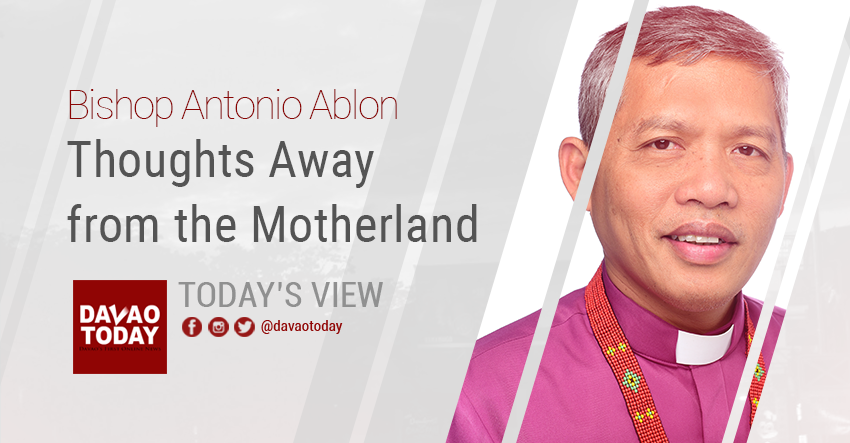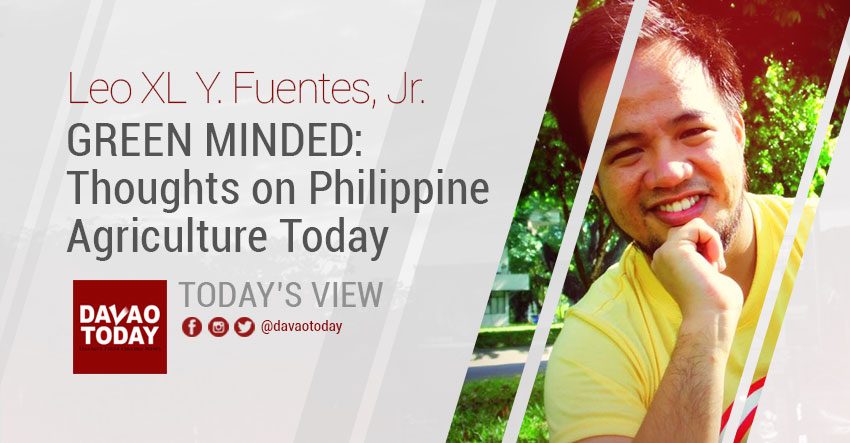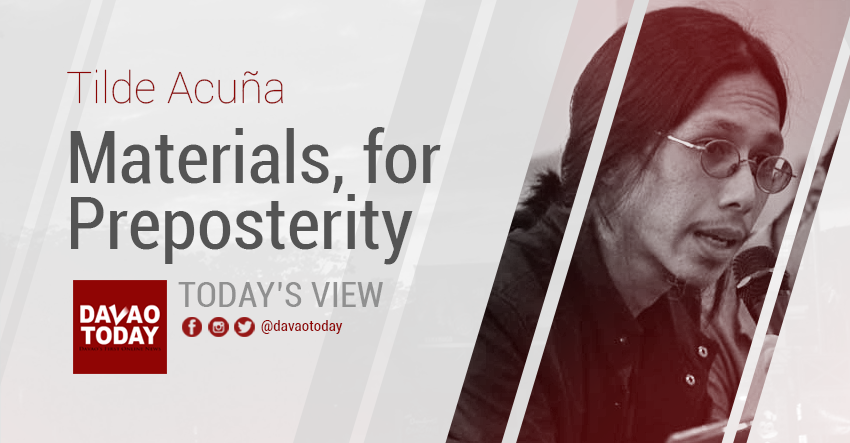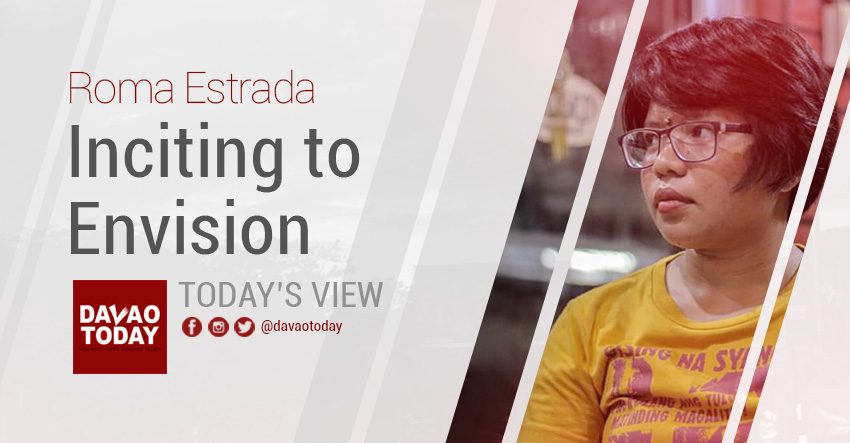Until now, I cannot fully fathom the fact that educators can be red taggers and purveyors of false information, fueling impunity, fanaticism, disinformation, and hyperpartisan politics within academic spaces.
Cayetano’s use of religious rhetoric is not just blasphemous, it is hypocritical at its core. He presents himself as a messenger of Christ, yet he stands in defense of a man whose policies led to mass killings, rampant abuses, and violations of human dignity.
While the Iglesia Ni Cristo’s call for peace appears well-intentioned, it risks obstructing justice by discouraging a legitimate legal process aimed at addressing serious allegations.
In Mindanao, we commemorate Organic Month by consolidating further the largest network of organic farmers organizations in the island region of Mindanao.
The genocide-complicit Frankfurt Book Fair shrugs off what UN experts called a “scholasticide” that left an unprecedented trail of blood and rubble, of academics and research infrastructure.
In commemorating peasant month, a review of the peasant movement’s history is a must, to understand its relevance and context on the contemporary issues that confront the Filipino peasantry.
As someone who values peace, justice, and equality, I find it important to reflect on the ongoing efforts to bring peace to our country.
Films like Slingshot Hip Hop is a way to harness the strength of art to shape critical consciousness in class.
The arrest of Pastor Apollo Quiboloy marks a significant moment in the country’s struggle for justice, yet it exposes the deeper, more entrenched problem of Philippine politics—its systemic rot.
I was invited to discuss horticulture, my first love. My interest in plants brought me closer to nature, a foundation on my environmental advocacies.





